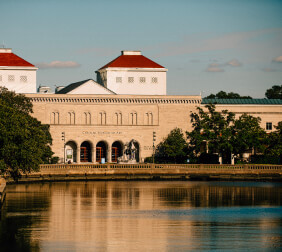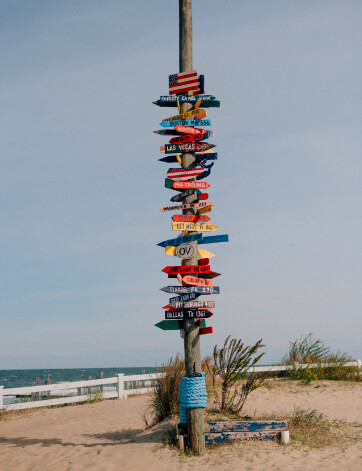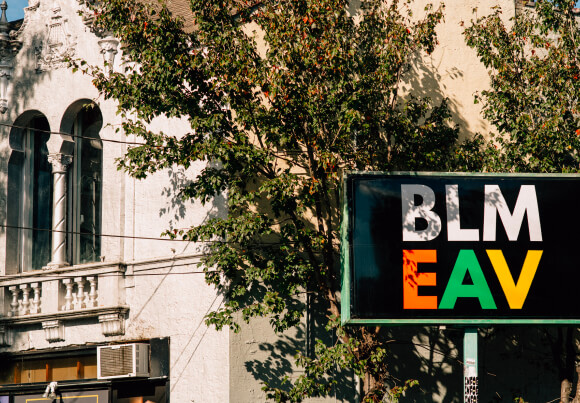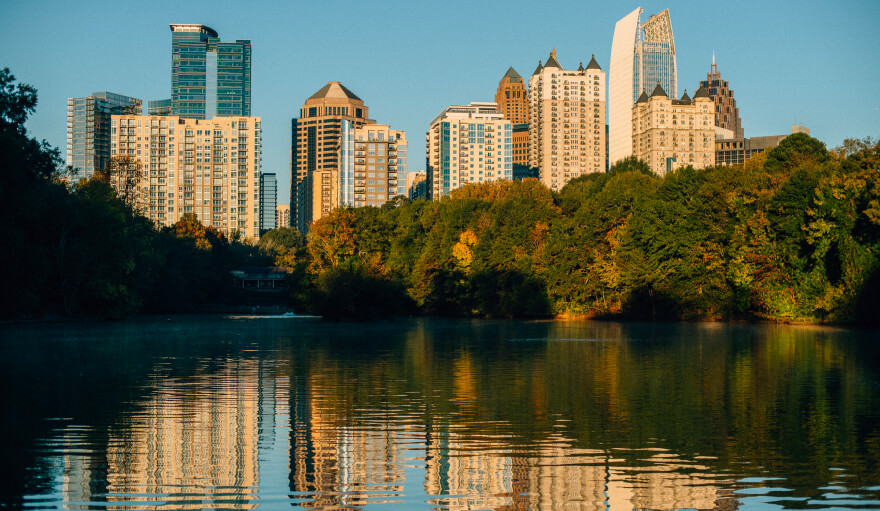Aboutthe index




Atlanta, Madison, and Norfolk claimed the coveted prize in 2022, sitting as the top three cities in our inaugural Emerging Creative Hubs Index. While this year’s project focused on the United States, there’s no telling where it could take us next.
What is the Emerging Creative Hubs Index?
A new project from WeTransfer, the Emerging Creative Hubs Index ranks and profiles the lesser-known, emerging places that might challenge our existing perspectives on what makes a city creative. For now we’re focused on the United States, but who knows what’s coming next.









Does a mid-tier city with more space make more sense for your family of four? Maybe. What about a seaside city that’s perfect for brainstorming with your toes in the sand? Possibly. Could a cultural epicenter relinquish its secrets to rejuvenate your creative process? Perhaps.
WeTransfer partnered with TRIPTK, a brand transformation consultancy, to rank and profile the emerging creative hubs around the United States bidding for much-deserved attention.
A data-driven index, bolstered by WeTransfer’s community of creatives
Having made our name in the game of quick and simple file-sharing, WeTransfer has grown into a collection of tools designed for and inspired by the creative process. To ensure this project was grounded in what was most authentic to WeTransfer’s vibrant community, this index leverages anonymous data from our suite of products to see where pockets of growing creative activity live throughout the United States.
Phase One
Leveraging product usage data
QUANTITATIVE ANALYSIS
Where is creative activity happening across the United States?
Our initial list of potential creative hubs was derived from WeTransfer product usage across the United States. Our team looked at where people were using our products (fully anonymized and aggregated by location), and analyzed both the number of users and actions they took in their respective cities.
~87M
monthly users in 190 countries
~2B
files transferred monthly
Phase Two
Scoring cities by creative growth
QUANTITATIVE ANALYSIS
Where is creative growth occurring across the United States?
With 26 potential creative hubs identified for consideration, we scored each hub for emergence by looking at six key data points: overall hub size, the growth rate in creative jobs, revenue growth in the creative industry, growth in WeTransfer product usage, the growth rate of new startups, and the diversity breakdown for each city.
Phase Three
Ranking cities through factor analysis
QUALITATIVE ANALYSIS
How effectively do these cities deliver what’s most important to creatives?
With ten creative hubs prioritized, we analyzed each city through the lens of five key factors we heard in research were most important to creative professionals. Each factor, scored on a five point scale, was weighted based on their importance and the score aggregated across factors.
1. The Cost of Inspiration Factor
It’s hard to feel a sense of creativity when you’ve been priced out of finding inspiration in the first place. From the cost of an enlightening cup of coffee, to attendance at a stimulating exhibit from the local museum—cities must be affordable for all to discover what propels their creativity forward.
2. The Activism Energy Factor
The intersection of creativity and activism are two fields defined by a shared focus — creating engagement that shifts boundaries, changes relationships, and creates new paradigms. Cities hold the key to collaborative action, bringing people together to push the world forward.
3. The City Serendipity Factor
Chance leads to the possibility of new behaviors, new collaborators, new passions, and new ideas. Inspiring cities are serendipitous cities, forever sparking creativity in citizens by the abundance of wonders that the city continues to reveal to them.
4. The Welcome Mat Factor
For creative professionals to give themselves over to creative impulses, they must first feel comfortable and safe enough to create. Anyone living in a city must feel integrated and be welcomed by city leadership in order to thrive—for underrepresented creatives, this matters even more.
5. The Greenspace Mindspace Factor
The enjoyment (and protection) of fresh air, wide-sprawling parks, and blue skies improve the mental and physical wellbeing of creative professionals. Nature tends to center the soul, helping creative professionals pause long enough to feel creativity’s tug again.